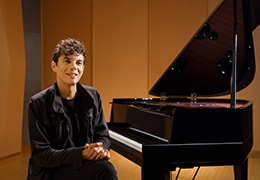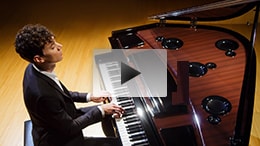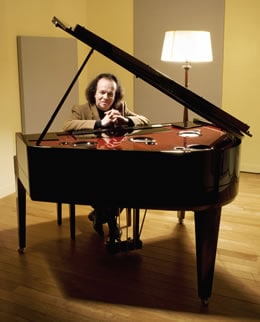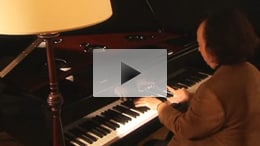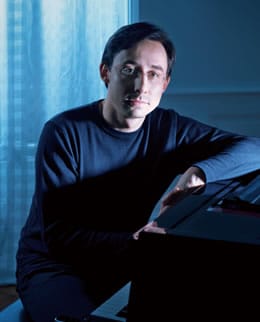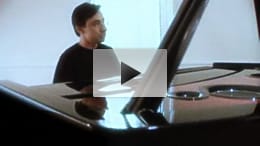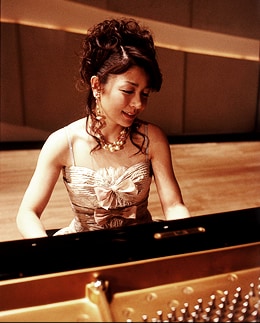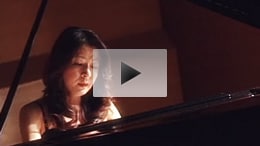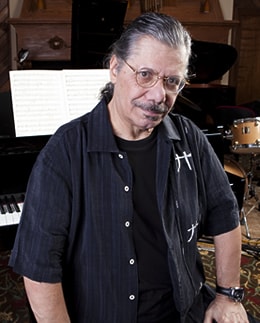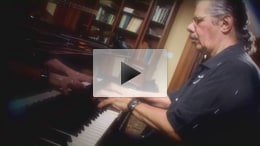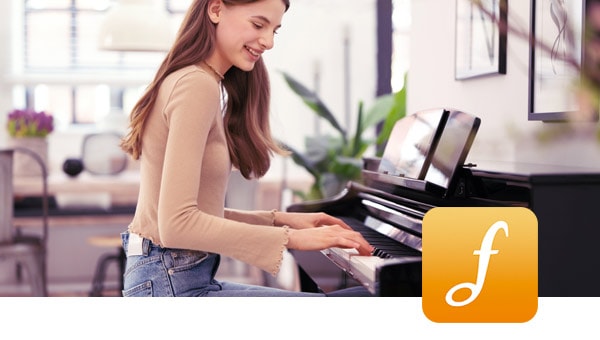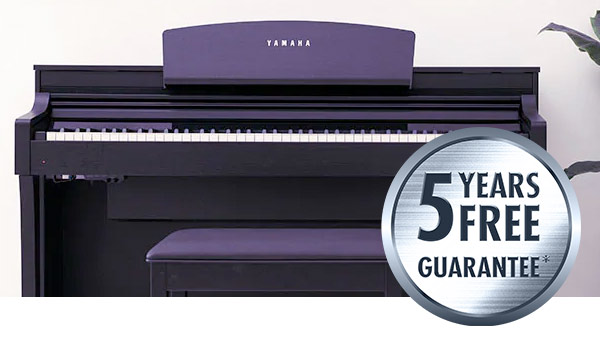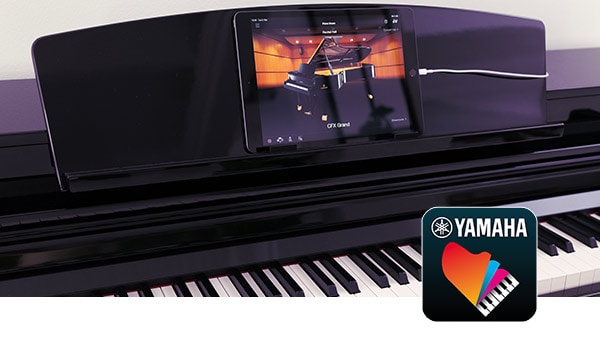Seien Sie bereit für neue Möglichkeiten
- Spezialisierte Flügelmechanik für AvantGrand
- Spatial Acoustic Sampling, Spatial Acoustic Lautsprecher System
-
AvantGrand N1 PV
Als die neueste Erweiterung der AvantGrand-Palette liefert das N1 den faszinierenden Klang dieser Serie von Hybrid-Pianos in seiner schlichtesten Ausprägung. Das N1 wird dem Flügel mühelos gerecht, was das Spielgefühl und die sensibel reagierende Mechanik eines echten Konzert-Flügels betrifft. Mit dem perfekten Zusammenwirken akustischer und digitaler Technologien setzt es einen neuen Standard.
Artist's Message
Francesco Tristano
Cyprien Katsaris
Alexander Kobrin
Ikuyo Nakamichi
Chick Corea
Features
Spezialisierte Flügelmechanik für AvantGrand
Der fein abgestimmte, präzise reagierende Anschlag des Flügels gilt als wesentlicher Maßstab zur Beurteilung eines Klaviers. Der AvantGrand bietet dem Spieler eine speziell entwickelte Flügelmechanik, mit dem gleichen Auf bau wie bei einem echten Flügel. Die Hämmer schlagen die „Saiten“ von unten her an. Die dadurch mögliche Feinjustierung der Gewichtsverteilung und der einzelnen Bewegungen der Hämmer führt zu einem ausgewogenen, natürlichen Spielgefühl. Neben dem Hammersensor gibt es beim AvantGrand auch einen kontaktlosen Tastensensor, der keinen Einfluss auf die Bewegungen der Tasten hat. Dieser Sensor erfasst genauestens den Druck auf die Klaviatur, zeitliche Abläufe und weitere Feinheiten, die den musikalischen Ausdruck beeinflussen. Diese Kombination von Sensoren liefert eine eindrucksvolle Sensibilität über den gesamten Bereich von Pianissimo bis Fortissimo. Selbst die schnellsten Triller werden präzise erfasst und umgesetzt.
Spatial Acoustic Sampling, Spatial Acoustic Lautsprecher System
Mit der Einführung des AvantGrand hat Yamaha für die Vorgehensweise bei der Aufnahme der Samples und dem Abspielen der Noten des realen Flügels eine Revolution in Gang gesetzt. Der Resonanzboden wird dabei nicht einfach als punktförmige Klangquelle behandelt, sondern als Fläche, und die Samples wurden an vier Stellen aufgenommen. Zu den herkömmlichen Positionen „links“ und „rechts“ kommen jetzt auch optimale „zentrale“ und „rückseitige“ Aufnahmen. Als Klangquelle für das Sampling haben wir sorgfältig das beste Instrument unserer großen CFIIIS-Konzertflügel ausgewählt. Das fertige Ergebnis all dieser Anstrengungen ist, dass die Instrumente der AvantGrand-Reihe den ursprünglichen Klang eines hervorragenden Flügels nahezu perfekt nachbilden. Das Lautsprechersystem des AvantGrand wurde währenddessen so gestaltet, dass dieser Klang von der Position beim Spielen aus am besten gehört werden kann. Ein Drei- Wege-System, bestehend aus Tief-, Mittel- und Hochtonlautsprechern reproduziert akkurat die vollen, natürlichen Schwingungen des Resonanzbodens. Darüber hinaus wurde jedes Frequenzband, also die Bässe, die Mitten und die Höhen, mit einem eigenen Verstärker ausgestattet, um Überlagerungen zu vermeiden. Durch dieses innovative System kann das Instrument die Nuancen jeder einzelnen Note wiedergeben. Für noch größere akustische Detailtreue ist N1 mit Lautsprechern ausgestattet, die für die Größe des Instruments optimiert sind.
Zubehör
Apps
* Die technischen Daten können ohne vorherige Ankündigung geändert werden. Die abgebildeten Farben und Oberflächen können von den tatsächlichen Produkten abweichen.


